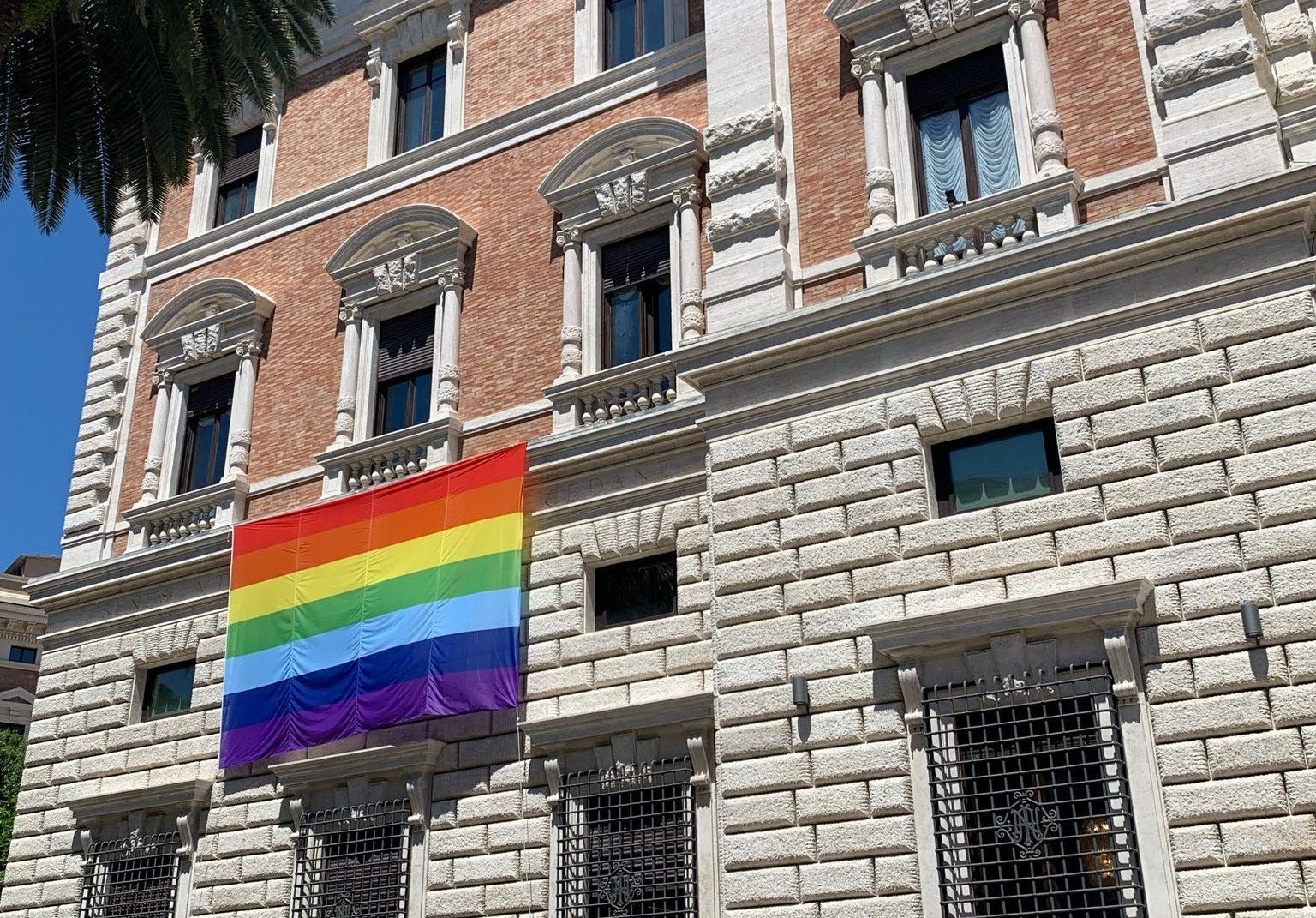To Spread Democracy, You Gotta Have Faith

Nearly half of the world’s population is experiencing an election this year, which in some respects makes 2024 the most important year yet for global democracy. Since President Biden believes the world has “emerged anew in the great battle for freedom: a battle between democracy and autocracy,” 2024 should be a banner year for the American left. Instead, from its perspective, the record has been decidedly mixed: The Hindu right retained its majority in India and the Euroskeptics did well in the European Union elections. Americans should also be concerned about the populist left’s victory in Mexico and the ascent of anti-American anti-Semites in France.
Over the past decade, the West has shifted from promoting democratic expansion to fretting about democratic backsliding to now fearing the consequences of what Freedom House calls a “democratic recession.” Although they are losing ground, the democracy-promoting NGO complex and its supporters in the Democratic Party have failed to respond adequately. Even worse, they have added on new pet causes that make democracy less popular in the developing world. There has to be a better way.
Although there are many kinds of democracy promoters who pursue a variety of strategies, most of them focus on training and supporting activists in other countries. This has yielded some major victories: Communism collapsed in Europe largely because of the Polish labor movement, Solidarity, and nonviolent movements toppled several Asian dictatorships around the same time.
Ironically, these groups defeated communism by borrowing some of Vladimir Lenin’s tactics. Karl Marx had predicted that the proletariat in industrialized countries like Great Britain and Germany would stage violent revolutions, but by the beginning of the 20th century, this had not happened. In response, Lenin called for a “vanguard of the proletariat” that would be “capable of assuming power and leading the whole people to socialism … of being the teacher, the guide, the leader of all the working and exploited people.”
Lenin discovered that his vanguard could seize power in Russia, but changing societies is a much longer-term proposition. He resolved this problem by establishing the “dictatorship of the proletariat” to teach, guide, lead, and frequently butcher the peasants and workers.
Democracy supporters do not do this, so after the collapse of communism they brought their societies along with the promise of entry into Western markets and access to American capital. For much of postcommunist Europe, rule of law plus free elections equaled discounted loans, faster growth, and better lives. This created powerful constituencies for democracy, even if those constituents did not care much about freedom and elections.
This strategy no longer works. The 2008 financial crash, along with Europe’s economic stagnation, took the shine off the Western development model. Thanks largely to American trade concessions, China showed autocrats how to enter the global trading system without ceding power. Leading democracies in the United States and Europe paid a heavy price for letting China into their markets, and they are reluctant to open their markets further.
The Biden administration is not offering economic inducements to make democracy more attractive, so it has to rely on ideology. Unfortunately, its ideological agenda repels much of the developing world, to say nothing of American voters. Pride flags and trans-rights marches, which are controversial enough in the United States, are downright inflammatory in embassies in Muslim countries. In many parts of the world, it can be hard to distinguish the graduate degree-holding Westerners hectoring them about the most intimate details of their lives and threatening to cut off aid from the rifle-toting Western imperialists of earlier generations. To them, Western talk of “democracy” looks like the imposition of fringe social policies over the objections of the majority.
Rather than double down on failure, they should learn from America’s most effective democracy promoters: evangelicals. Baylor’s Robert Woodberry has shown that “the historic prevalence of Protestant missionaries strongly predicts democracy in 142 non-European societies.” Although they did not necessarily intend to do so, Protestant missionaries—especially the Calvinists and “nonconformist” proto-evangelicals—seeded the ground for democracy.
Many of their strategies for spreading the Gospel help the friends of democracy. People cannot read the Bible unless they can read and have Bibles, so these missionaries built schools and set up printing industries. They also promoted freedom of religion, and many distanced themselves from colonial authorities. Other groups copied the missionaries and in doing so, created organized groups of educated people who wanted to maintain their own freedoms from the state. These churches and other groups were powerful allies for the democracy activists in South Korea, the Philippines, and elsewhere in the global South.
The foreign policy elite often roll their eyes in exasperation at the American people and their habits. But rather than apologize for America’s religiosity, which is unique among the industrialized nations, they ought to embrace it. To do their jobs, they too need that old-time religion.



